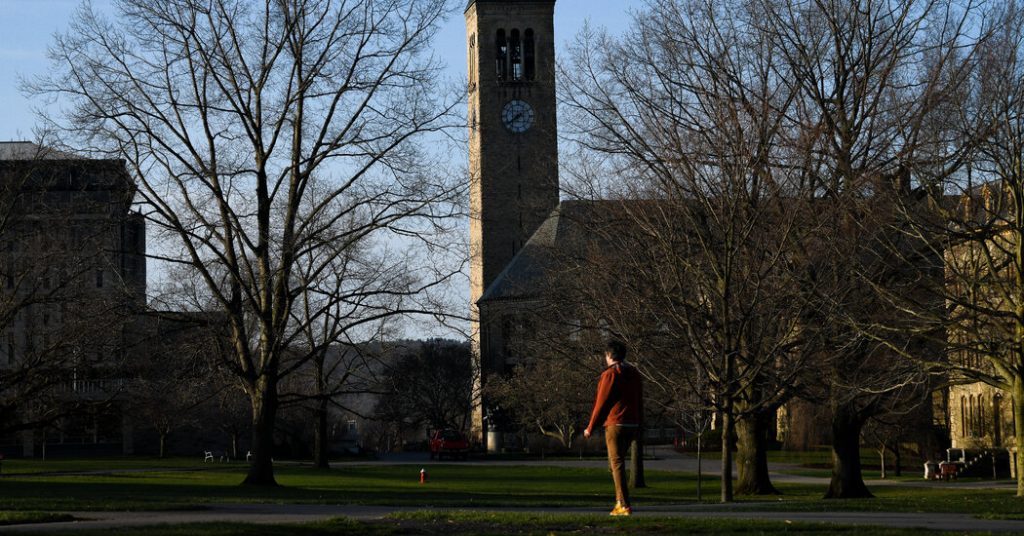The process of selecting a university president is complex and time-consuming, as it involves input and interest from various stakeholders within the university community. John Isaacson, the chair of Isaacson, Miller, a firm that assists with searches for top schools, emphasized the importance of choosing the right candidate for the role. Some potential presidents may be hesitant to take on the position due to the challenges and pitfalls that come with it, despite the attractive perks that the job may offer, such as luxurious campus residences and seven-figure salaries. Dr. DiSalvo, the president of Endicott College, noted that the appeal of the presidency may be waning among aspiring candidates.
One of the main challenges that university presidents face is managing the diverse needs and expectations of different constituents, including students, parents, faculty, university staff, public officials, donors, alumni, and athletic program sponsors. Arizona State University’s president, Michael M. Crow, highlighted the difficulty of pleasing everyone in such a position, as there will always be critics and individuals who are dissatisfied with decisions made by the president. Former Kansas State University president Richard B. Myers echoed this sentiment, emphasizing the scrutiny and pressure that university presidents face, particularly from alumni, who may be vocal in their criticism.
Despite the challenges, the search for university presidents is a competitive process, with top schools like U.C.L.A. and Yale engaging in searches to find the right candidate for their respective institutions. However, some potential candidates may be cautious about taking on the role due to the demanding nature of the position and the potential for backlash from various stakeholders. Dr. Dirks, the former U.C. Berkeley chancellor, highlighted the shrinking candidate pools as individuals weigh the risks and rewards of becoming a university president.
To navigate the complexities of the presidency, universities often enlist the help of firms like Isaacson, Miller to assist with the search process. These firms bring expertise and experience to the table, helping schools identify and attract qualified candidates who are capable of leading the institution effectively. The selection of a university president is a crucial decision that can have a significant impact on the future direction and success of the institution, making it essential to find the right individual for the role. Despite the challenges and scrutiny that come with the position, the presidency remains an appealing and prestigious role for many individuals in the academic field.
In conclusion, the search for a university president is a multifaceted process that involves input from various stakeholders and demands careful consideration of the qualities and attributes needed to lead a top institution. While the role comes with challenges and scrutiny, it remains a coveted position for many aspiring leaders in academia. With the help of firms like Isaacson, Miller, universities can navigate the complexities of the search process and identify candidates who are well-suited to lead their institutions into the future. Ultimately, finding the right president is essential to the success and reputation of a university, making the selection process a critical and intricate task that requires time, expertise, and consideration.


